Analogy - Analogy (Reissue) (1972/2001)
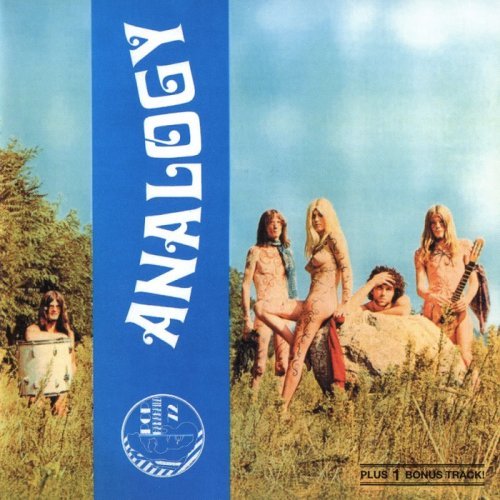
Artist: Analogy
Title: Analogy
Year Of Release: 1972/2001
Label: Garden Of Delights
Genre: Krautrock, Psychedelic Rock, Prog Rock
Quality: Mp3 320 / APE (image, .cue, log)
Total Time: 44:01
Total Size: 133/263 Mb (scans)
WebSite: Album Preview
Title: Analogy
Year Of Release: 1972/2001
Label: Garden Of Delights
Genre: Krautrock, Psychedelic Rock, Prog Rock
Quality: Mp3 320 / APE (image, .cue, log)
Total Time: 44:01
Total Size: 133/263 Mb (scans)
WebSite: Album Preview
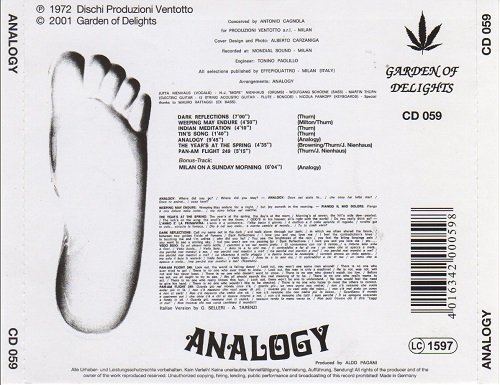
Tracklist:
01. Dark Reflections
02. Weeping May Endure
03. Indian Meditation
04. Tin's Song
05. Analogy
06. The Years at the Spring
07. Pan Am Flight 249
Bonus Track:
08. Milan on a Sunday Morning
Line-up::
Jutta Nienhaus / lead vocals
Martin Thurn / electric & 12-string acoustic guitars, flute, bongos
Nicola Pankoff / keyboards
Wolfgang Schoene / bass
Hermann-Jürgen Nienhaus / drums
With:
Aldo Pagani / composer & producer
Founded in Varese, italy in 1972 - Disbanded in 1974 - Reunited intermittently between 2010-2016
In 1968 German Martin Thurn (guitar) went to an international school in Varese (North Italy) where he founded a band named SONS OF GIOVE. Other members were Wolfgang Schoene, Thomas Schmidt (later PELL MELL) and Jutta Nienhaus. Renamed to JOICE (due to a misprint later YOICE) the band went on in 1970 with drummer Hermann-Jürgen Nienhaus (brother of Jutta) and Mauro Rattaggi (bass), the only italian member of the band. After a lot of gigs in the south of Swiss and North Italy they were able to buy some professional equipment and in 1971 JOICE got a contract with an italian label. During a festival in Arona a spontanous collaboration happened with keyboarder Nikola Pankoff whilst playing a free interpretation of Pink Floyd's "Atom Heart Mother". Pankoff became a band member afterwards. Their first release was the Single "Sold Out/God's Own Land", two songs written by Thurn. At the end of the year Rattaggi had to join the army and left the band. Schoene changed to the bass.
The recordings for their first LP started early 1972 in Milan and they finally renamed to ANALOGY corresponding to the title of their most important song. Soon some trouble occured about the sleeve pictures. The band wanted an artwork illustrated by Pankoff but the label demanded on some nude photos which had been taken for the former single production. Rattaggi was covered by the blue vertical bar which includes the band logo. The songs of their debut are gradually developed with a more psychedelic and experimental style provided with a dark atmosphere. ANALOGY's distinctions were Jutta Nienhaus' unique vocals, Thurn's and Pankoff's impressive instrumental skills on guitar and Hammond organ. In Italy the band now could reach some attention and appreciation. They played at a Rock festival in Rome with 30.000 spectators, appeared during some RAI radio sessions and could also be seen on TV. But ANALOGY remained practically unknown outside of Italy though.
In September 1972 Pankoff left the band because of some disagreements about the musical direction. 1973 it came to a new collaboration with flute player Rocco Abate, member of the Milano Scala Orchestra, who was searching for new experiences. Martin Thurn and Wolfgang Schoene composed a 30 minute set of thematically-linked musical pieces simply entitled "The Suite". In this work the classical music of the Renaissance-period was combined with Progressive Rock. ANALOGY played this several times live and received good reviews. The band had successful performances together with ATOMIC ROOSTER and CURVED AIR but nevertheless problems with the money were growing. Additionally Rocco Abate's issues increased to perform his obligations. So in November 1973 ANALOGY had the last live performance and disbanded at the end of the year.
Afterwards Martin Thurn, Jutta Nienhaus and her brother looked forward to a longer cooperation with Franco Battiato. Jutta Nienhaus appeared on the 1973 release Sulle Corde Di Aries. Some months later their plans failed because Battiato's interests changed to more synthesizer based music. They went on tour with Dario Fo's Collettivo Teatrale La Comune and during one performance in Milan they happened to be arrested and sent to jail for two days. After this experience they left the project and in summer 1974 the original JOICE line-up joined in a new project with JUMBO keyboarder Sergio Conte which was not very successful. So Martin Thurn and Jutta Nienhaus went to England where they had several other collaborations during the next years. The second ANALOGY album "The Suite" based on their live performances in 1973 with more Prog Folk impressions. It was completed and recorded in 1980 along with members of their subsequent band EARTHBOUND. 1994/95 they finally reworked some ANALOGY songs together with Mauro Rattaggi and released "25 Years Later" including the early JOICE songs in two different versions.
In 1968 German Martin Thurn (guitar) went to an international school in Varese (North Italy) where he founded a band named SONS OF GIOVE. Other members were Wolfgang Schoene, Thomas Schmidt (later PELL MELL) and Jutta Nienhaus. Renamed to JOICE (due to a misprint later YOICE) the band went on in 1970 with drummer Hermann-Jürgen Nienhaus (brother of Jutta) and Mauro Rattaggi (bass), the only italian member of the band. After a lot of gigs in the south of Swiss and North Italy they were able to buy some professional equipment and in 1971 JOICE got a contract with an italian label. During a festival in Arona a spontanous collaboration happened with keyboarder Nikola Pankoff whilst playing a free interpretation of Pink Floyd's "Atom Heart Mother". Pankoff became a band member afterwards. Their first release was the Single "Sold Out/God's Own Land", two songs written by Thurn. At the end of the year Rattaggi had to join the army and left the band. Schoene changed to the bass.
The recordings for their first LP started early 1972 in Milan and they finally renamed to ANALOGY corresponding to the title of their most important song. Soon some trouble occured about the sleeve pictures. The band wanted an artwork illustrated by Pankoff but the label demanded on some nude photos which had been taken for the former single production. Rattaggi was covered by the blue vertical bar which includes the band logo. The songs of their debut are gradually developed with a more psychedelic and experimental style provided with a dark atmosphere. ANALOGY's distinctions were Jutta Nienhaus' unique vocals, Thurn's and Pankoff's impressive instrumental skills on guitar and Hammond organ. In Italy the band now could reach some attention and appreciation. They played at a Rock festival in Rome with 30.000 spectators, appeared during some RAI radio sessions and could also be seen on TV. But ANALOGY remained practically unknown outside of Italy though.
In September 1972 Pankoff left the band because of some disagreements about the musical direction. 1973 it came to a new collaboration with flute player Rocco Abate, member of the Milano Scala Orchestra, who was searching for new experiences. Martin Thurn and Wolfgang Schoene composed a 30 minute set of thematically-linked musical pieces simply entitled "The Suite". In this work the classical music of the Renaissance-period was combined with Progressive Rock. ANALOGY played this several times live and received good reviews. The band had successful performances together with ATOMIC ROOSTER and CURVED AIR but nevertheless problems with the money were growing. Additionally Rocco Abate's issues increased to perform his obligations. So in November 1973 ANALOGY had the last live performance and disbanded at the end of the year.
Afterwards Martin Thurn, Jutta Nienhaus and her brother looked forward to a longer cooperation with Franco Battiato. Jutta Nienhaus appeared on the 1973 release Sulle Corde Di Aries. Some months later their plans failed because Battiato's interests changed to more synthesizer based music. They went on tour with Dario Fo's Collettivo Teatrale La Comune and during one performance in Milan they happened to be arrested and sent to jail for two days. After this experience they left the project and in summer 1974 the original JOICE line-up joined in a new project with JUMBO keyboarder Sergio Conte which was not very successful. So Martin Thurn and Jutta Nienhaus went to England where they had several other collaborations during the next years. The second ANALOGY album "The Suite" based on their live performances in 1973 with more Prog Folk impressions. It was completed and recorded in 1980 along with members of their subsequent band EARTHBOUND. 1994/95 they finally reworked some ANALOGY songs together with Mauro Rattaggi and released "25 Years Later" including the early JOICE songs in two different versions.
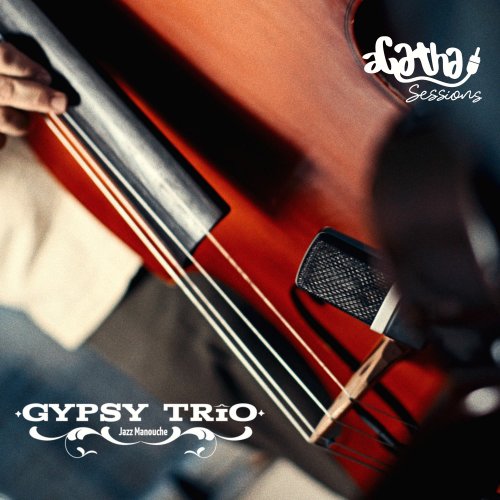
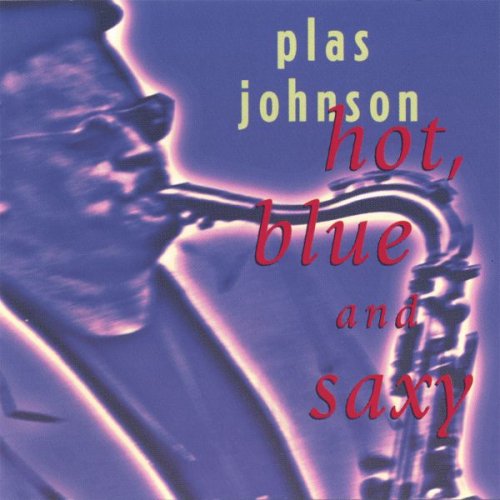
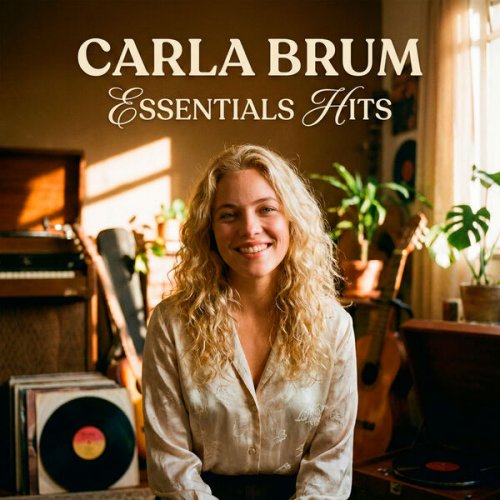
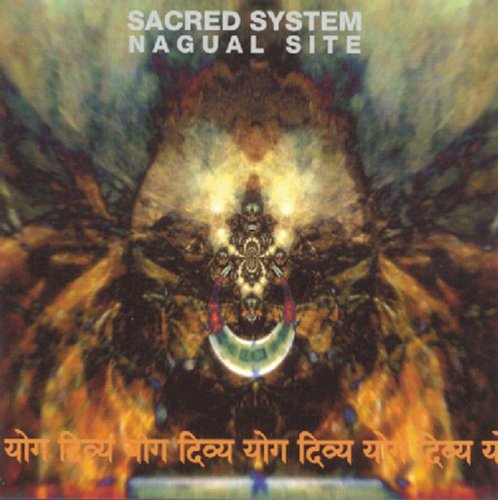
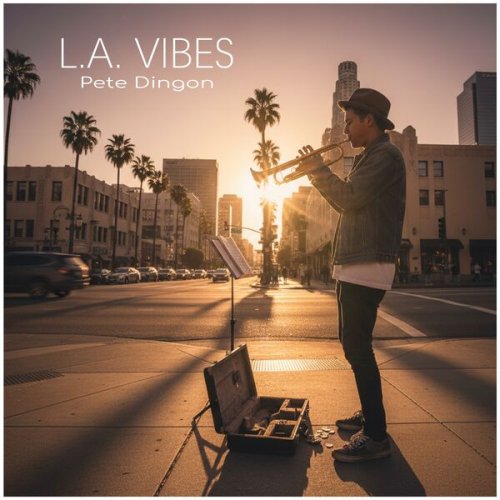
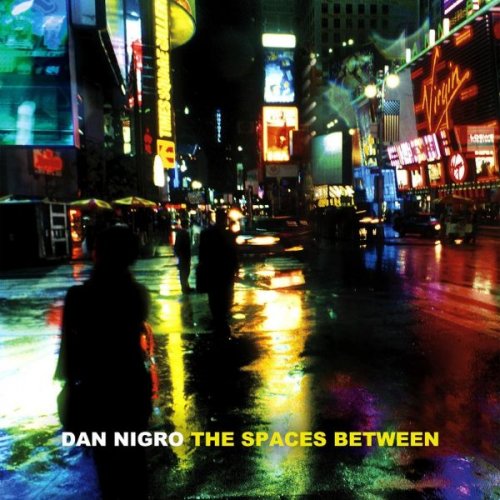
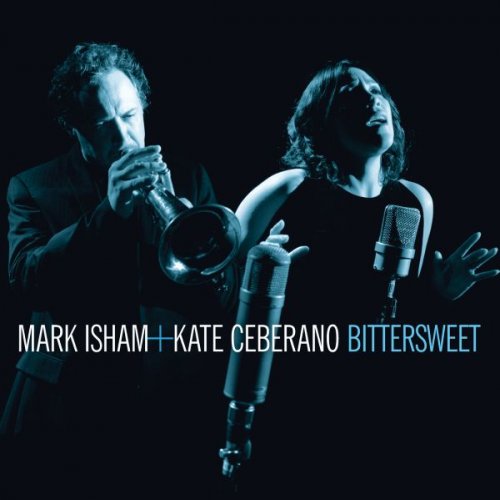
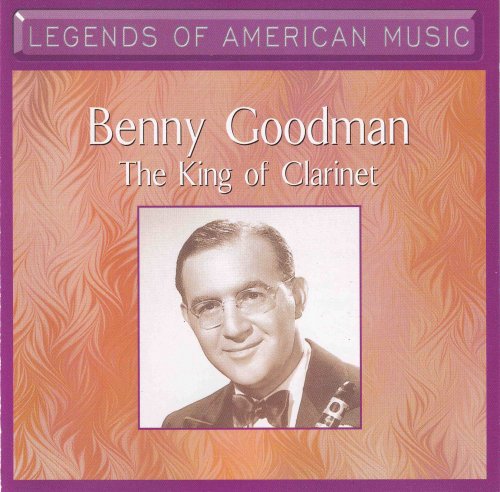
![Vicente Garcia - Tala (2026) [Hi-Res] Vicente Garcia - Tala (2026) [Hi-Res]](https://www.dibpic.com/uploads/posts/2026-01/1768883661_cover.jpg)